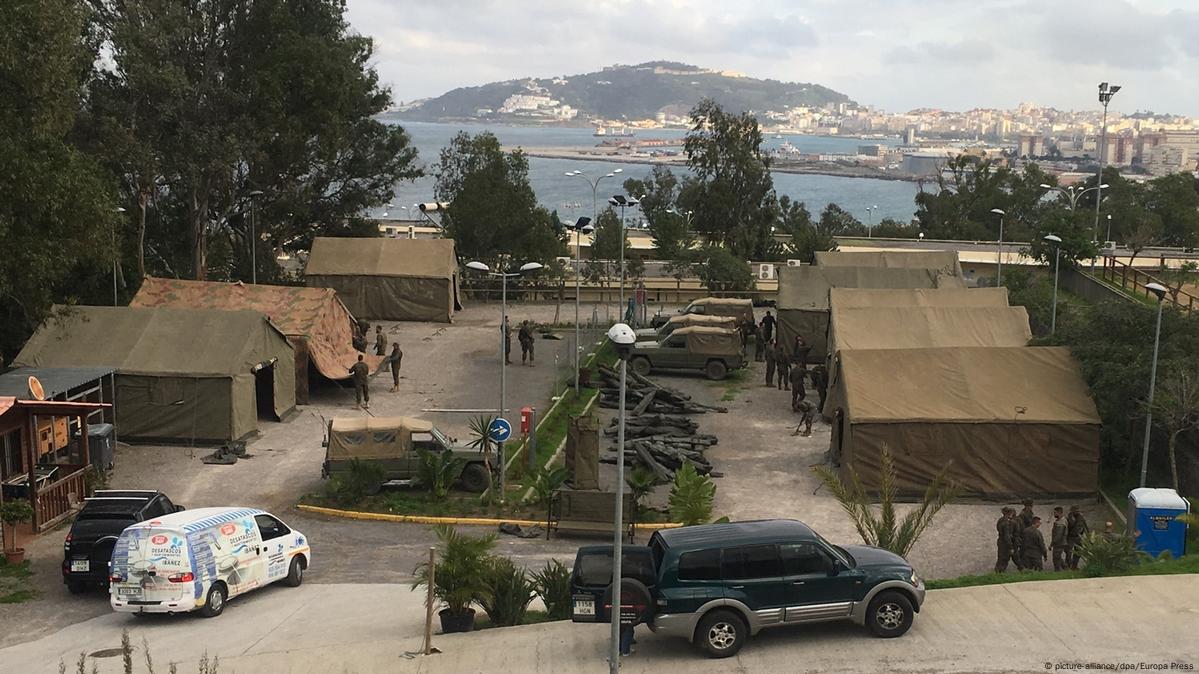Delhi Issues Heatwave Advisory: Precautions To Prevent Heatstroke

Table of Contents
Understanding Heatstroke and its Symptoms
Heatstroke is a serious medical condition caused by prolonged exposure to high temperatures. It's more severe than heat exhaustion, and recognizing its symptoms is crucial for timely intervention. Heatstroke occurs when your body's temperature regulation system fails, leading to a dangerously high body temperature. The causes of heatstroke include prolonged exposure to heat, strenuous physical activity in hot conditions, dehydration, and certain medical conditions.
Key symptoms of heatstroke include:
- High body temperature (above 103°F or 39.4°C) – this is a crucial indicator.
- Confusion or disorientation – the person may seem confused or act strangely.
- Seizures – in severe cases, heatstroke can trigger seizures.
- Loss of consciousness – this is a medical emergency.
- Rapid, weak pulse – indicative of the body struggling to cope with the heat.
- Headache – a common symptom, often intense.
- Dizziness – a feeling of lightheadedness or faintness.
- Nausea and vomiting – these digestive issues can accompany heatstroke.
- Dry, flushed skin – unlike heat exhaustion, the skin may be dry instead of sweaty.
Staying Hydrated During the Delhi Heatwave
Hydration is paramount during a heatwave. Your body loses fluids through sweating, and replenishing them is essential to prevent heatstroke. The best way to stay hydrated is to drink plenty of water throughout the day, even before you feel thirsty. Don't wait until you're parched to drink; that's already a sign of dehydration.
Here's what you should do:
- Drink plenty of water throughout the day, even before feeling thirsty. Aim for at least 8 glasses, or more depending on activity level.
- Carry a water bottle and refill it regularly. Keep it handy at all times.
- Consider electrolyte drinks, especially after sweating heavily during physical activity. These help replenish lost salts and minerals.
- Avoid sugary drinks and excessive caffeine. These can actually dehydrate you further.
Protecting Yourself from the Sun's Rays
The sun's rays are particularly intense during a Delhi heatwave. Protecting yourself from the sun is crucial to prevent heatstroke. This involves using a multi-pronged approach to minimize sun exposure.
Here are some key sun protection measures:
- Wear light-colored, loose-fitting clothing. Light colors reflect sunlight better than dark colors.
- Use a broad-spectrum sunscreen with an SPF of 30 or higher. Reapply every two hours, especially after swimming or sweating.
- Wear a wide-brimmed hat to shade your face and neck. This protects these vulnerable areas from direct sunlight.
- Wear sunglasses to protect your eyes from UV rays. Choose sunglasses that block 99-100% of UVA and UVB rays.
- Seek shade during the hottest part of the day (10 am to 4 pm). Find shelter under trees or in air-conditioned spaces.
Modifying Activities During Extreme Heat
During a heatwave, it's essential to modify your activities to reduce your risk of heatstroke. Limit strenuous outdoor activities, especially during the hottest parts of the day. If you must go outside, do so during cooler times, such as early morning or evening.
Consider these adjustments:
- Avoid strenuous outdoor activities during peak sun hours (10 am to 4 pm).
- Take frequent breaks in shaded or air-conditioned areas. Rest regularly to prevent overheating.
- Pace yourself when engaging in physical activity. Don't push yourself too hard.
- Listen to your body and rest if you feel overheated. Don't ignore warning signs.
What to Do if Someone Suffers Heatstroke
If someone shows signs of heatstroke, immediate action is vital. Heatstroke is a medical emergency requiring professional medical attention. While waiting for emergency services, take these steps:
- Call emergency services immediately. This is the most crucial step.
- Move the person to a cool place. Get them out of the sun and into shade or an air-conditioned environment.
- Remove excess clothing. Loosen or remove clothing to help the body cool down.
- Apply cool compresses to the skin. Use cool, damp cloths or towels on the forehead, neck, armpits, and groin.
- Fan the person. Gentle fanning can help lower body temperature.
- Give fluids if the person is conscious and able to swallow. Offer small sips of water or electrolyte drinks.
Conclusion: Delhi Heatwave Safety
The Delhi heatwave necessitates proactive measures to prevent heatstroke. By understanding the symptoms of heatstroke, staying hydrated, protecting yourself from the sun, modifying your activities, and knowing what to do in an emergency, you can significantly reduce your risk. Remember, prevention is key. Stay informed about the heatwave advisory and take necessary precautions. Stay safe this Delhi heatwave! Share this article with your friends and family to help prevent heatstroke. Learn more about heatwave safety from your local health authorities.

Featured Posts
-
 Understanding The Life Cycle Lessons From Campus Farm Animals
May 13, 2025
Understanding The Life Cycle Lessons From Campus Farm Animals
May 13, 2025 -
 Spanish Border Regions Struggle Amidst Post Brexit Trade Difficulties
May 13, 2025
Spanish Border Regions Struggle Amidst Post Brexit Trade Difficulties
May 13, 2025 -
 Philadelphia 76ers Nba Draft Lottery Odds Viewing Guide And Key Information
May 13, 2025
Philadelphia 76ers Nba Draft Lottery Odds Viewing Guide And Key Information
May 13, 2025 -
 Asap Rockys Legal Troubles A Web Of Conflicts With 50 Cent Tory Lanez And Others
May 13, 2025
Asap Rockys Legal Troubles A Web Of Conflicts With 50 Cent Tory Lanez And Others
May 13, 2025 -
 Obituaries Saying Goodbye To Our Neighbors And Friends
May 13, 2025
Obituaries Saying Goodbye To Our Neighbors And Friends
May 13, 2025
